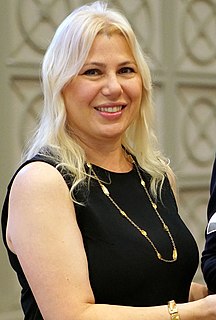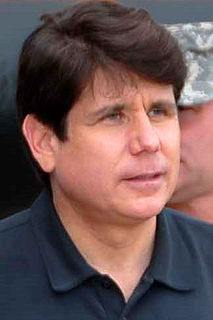A Quote by Justin Menkes
The intelligence gap is essentially a shortage of executives with superior thinking skills who are needed by every business, as compared with the number of decision-making positions available.
Related Quotes
Very little attention is paid to improving the decision-making skills of both individual executives and the organizational benchstrength as a whole. Often we find that this is overlooked because there is a common assumption the business executives have all the requisite cognitive skills they need when they come to work for the organization. The problem with that perspective is that it overlooks the fact that thinking skills can be learned and improved at any time during the course of a persons lifetime.
There is a common misconception that intelligence is synonymous with IQ. "Intelligence Quotient" or IQ was originally built to predict the academic aptitude of schoolchildren, and is nothing more than a measure of the skills needed for academic success. Intelligence, however, is a much broader concept that encompasses a person's level of skill for any of a number of subjects.
Business requires an unbelievable level of resilience inside you, the chokehold on the growth of your business is always the leader, it's always your psychology and your skills - 80% psychology, 20% skills. If you don't have the marketing skills, if you don't have the financial-intelligence skills, if you don't have the recruiting skills, it's really hard for you to lead somebody else if you don't have fundamentally those skills. And so my life is about teaching those skills and helping people change the psychology so that they live out of what's possible, instead of out of their fear.
Cognitive skills such as big-picture thinking and long-term vision were particularly important. But when I calculated the ratio of technical skills, IQ, and emotional intelligence as ingredients of excellent performance, emotional intelligence proved to be twice as important as the others for jobs at all levels.
In a business setting, one's intelligence is crucial. Many problems faced by today's executives are unique and ill-defined. So, one's ability to analyze information and render a decision based upon the probability of success is imperative. What it comes down to is that all the knowledge in the world is useless if one has no means of processing and applying it. Organizations run on the brainpower of their people.
What sets us apart from some of the other options available would definitely be our unique combination of skills and craftsmanship with being a well-managed business. We control the number of projects we are involved with so that our clients remain a top priority throughout the duration of their project.
Individuals with high executive intelligence cannot reach their potential unless surrounded by others with a similar level of skill. Without a concerted effort on the part of businesses to seek out those with exceptional decision-making abilities, the gap between who businesses actually need, and who they hire and promote, will remain wide.































